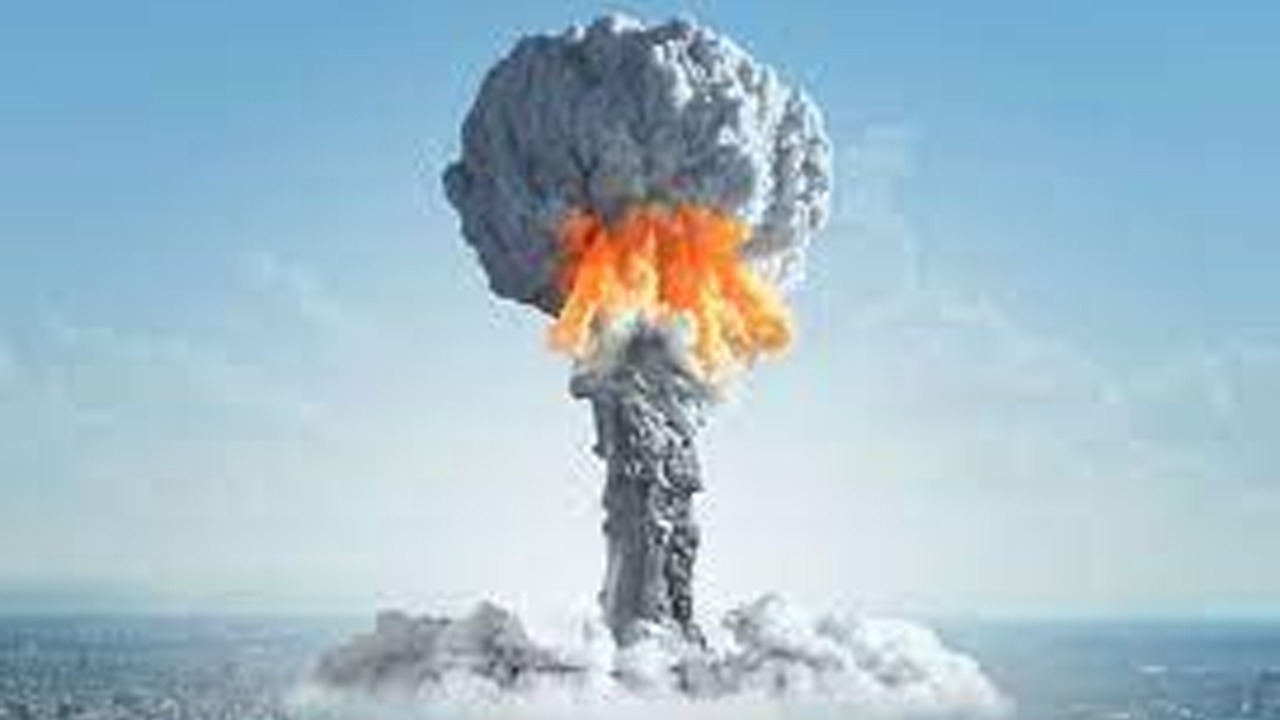Introduction:
August 6th marks Hiroshima Day, a solemn occasion that commemorates the devastating atomic bombing of Hiroshima, Japan, during World War II. This day serves as a reminder of the catastrophic consequences of nuclear warfare and emphasizes the urgent need for global peace and disarmament. As we reflect on the events of that fateful day, it is crucial to understand the historical significance of Hiroshima and its enduring lessons for humanity.
The Tragic Events of August 6, 1945:
On August 6, 1945, at 8:15 a.m., the United States dropped an atomic bomb named "Little Boy" on Hiroshima. The bomb exploded with a blinding flash, releasing a massive amount of energy that devastated the city. An estimated 140,000 people died in the immediate aftermath, while tens of thousands suffered from injuries, radiation sickness, and long-term health effects.
The Significance of Hiroshima Day:
1. Remembrance and Mourning: Hiroshima Day serves as an opportunity to honor the memory of those who lost their lives in one of the most horrific acts of violence in history. It allows us to reflect upon the immense suffering endured by the people of Hiroshima and to pay tribute to their resilience and strength in the face of unimaginable adversity.
2. Nuclear Disarmament: The atomic bombing of Hiroshima underscores the urgent need for nuclear disarmament. It serves as a powerful reminder of the devastating consequences that nuclear weapons can inflict upon humanity and the planet. Hiroshima Day encourages nations to work towards complete nuclear disarmament and to find peaceful solutions to conflicts.
3. Promotion of Peace: The legacy of Hiroshima Day lies in its emphasis on peace. The aim is to foster a global culture of peace, tolerance, and understanding. It calls upon individuals, communities, and nations to strive for peaceful resolutions to conflicts, to promote dialogue and diplomacy, and to reject violence as a means to an end.
4. Education and Awareness: Hiroshima Day provides an opportunity for education and awareness regarding the history and consequences of nuclear warfare. By remembering the past, we can learn from it and ensure that such tragic events are never repeated. It reminds us of the importance of educating future generations about the horrors of war and the value of peace.
5. Global Solidarity: Hiroshima Day serves as a unifying event that transcends national boundaries. People from all walks of life, regardless of their nationality, religion, or political affiliation, join together to remember the victims of Hiroshima and to advocate for a peaceful world. It reminds us that peace is a shared responsibility and that together, we can strive for a better future.
Conclusion:
Hiroshima Day stands as a stark reminder of the devastating consequences of nuclear warfare, urging us to work towards peace, disarmament, and a world free from the threat of nuclear weapons. It is a day to remember the victims, honor their memory, and reflect on the importance of fostering a culture of peace and understanding. As we commemorate this significant day, let us strive to build a world where conflicts are resolved through dialogue, justice prevails, and the horrors of Hiroshima are never repeated.

Comments